Columbia Center of AI Technology Announces 2023 Fellows
Four new fellows will study ways to improve machine learning methods, algorithms for revenue management, automatic summarization, and deep learning models for causal inference.
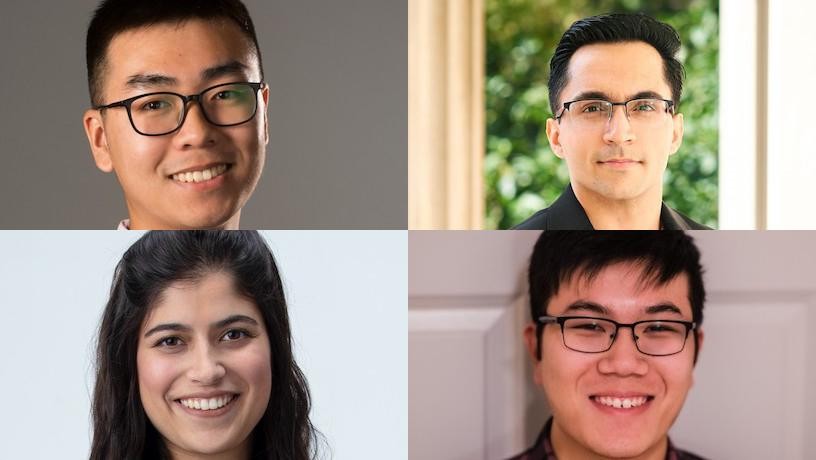
Columbia’s Center of Artificial Intelligence Technology (CAIT), in collaboration with Amazon, supports emerging and established researchers by awarding PhD fellowships and faculty research awards. Each year, CAIT receives dozens of fellowship nominations for highly-qualified PhD students whose work touches the broad area of artificial intelligence.
In February 2022, Amazon and CAIT announced two PhD student fellowships and five faculty research awards. Now CAIT is announcing four new fellowships for the 2023 academic year.
“CAIT Fellows represent the most creative minds among the young talents we aim to nurture in CAIT,” said Shih-Fu Chang, Dean of Columbia Engineering. “The projects proposed by future leaders stood out as addressing pressing challenges related to AI with novel approaches. We look forward to seeing the outcome of their innovative research.”
“We are delighted by the high quality of the fellowship nominations,” said Prem Natarajan, vice president, Alexa AI. “We are excited to invest in the AI leaders of tomorrow, and I can’t wait to see the advances that 2023 Columbia-Amazon PhD Fellows make towards overcoming some of the hardest and foundational problems in AI.
“Progress in AI has borrowed math and methods from across multiple disciplines,” said Ido Rosen, senior principal scientist in Amazon Core AI. “For that reason, I’m inspired not only by the 2023 Columbia-Amazon PhD Fellows’ academic strength, but also by their diversity of thought.”
The four fellows include two PhD candidates in operations research, Haoxian Chen and Rachitesh Kumar; and two PhD candidates in computer science, Melanie Subbiah and Kevin Xia.
Haoxian Chen – IEOR
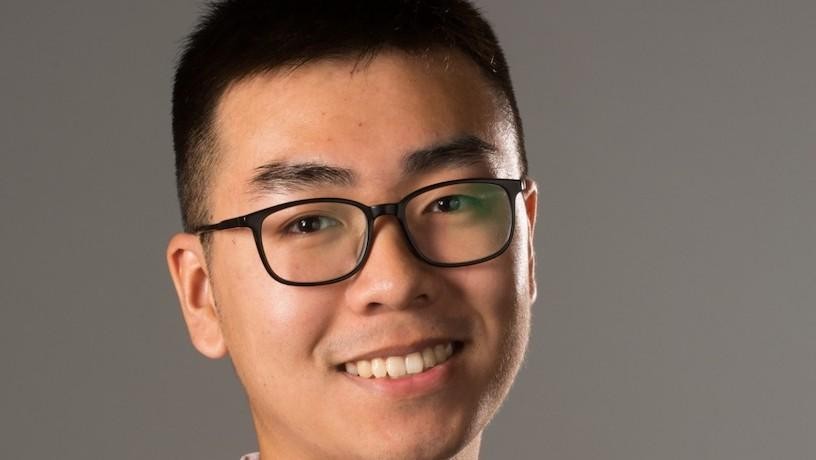
Chen, advised by Henry Lam, an associate professor of industrial engineering and operations research, is “developing scalable machine learning (ML) methods with provable performance guarantees by leveraging tools of applied probability, uncertainty quantification, and stochastic analysis.” His goal is “to create a new methodology named Pseudo-Bayesian Optimization (PBO), that provides a principled and theoretically justified approach to building an uncertainty quantifier that leads to computationally efficient exploration-exploitation strategy.”
Rachitesh Kumar – IEOR
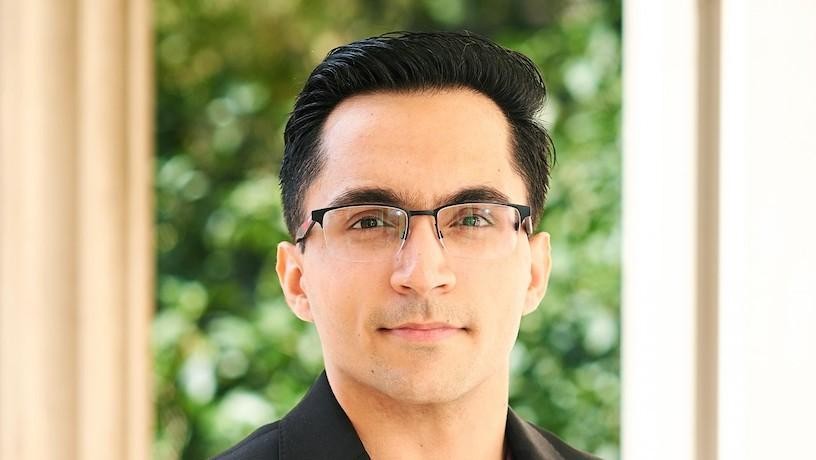
Kumar, advised by Christian Kroer, an assistant professor of industrial engineering and operations research, seeks “to develop algorithms for data-driven revenue management that are robust to demand uncertainty and perform well in both these settings. Our robust algorithms can be modified based on the confidence one has in the demand forecast and guarantee good performance when the forecast is accurate while maintaining a minimum level of worst-case performance.”
Melanie Subbiah – Computer Science
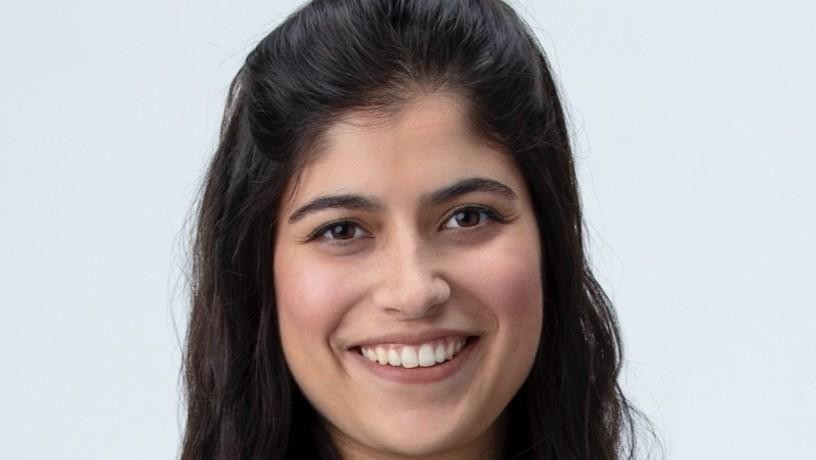
Melanie Subbiah, advised by Kathleen McKeown, the Henry and Gertrude Rothschild Professor of Computer Science and an Amazon Scholar, is investigating “automatic summarization of narrative, a problem at the intersection of artificial intelligence and the humanities and social sciences. Much of the previous work in summarization has focused on single-document news. Our lab has shown, however, that while this domain is important, the task is limited due to the nature of how factual news articles are written — the critical information is almost always contained in the first couple sentences of the article. Focusing on narrative therefore poses a much more interesting challenge for summarization.”
Kevin Xia – Computer Science
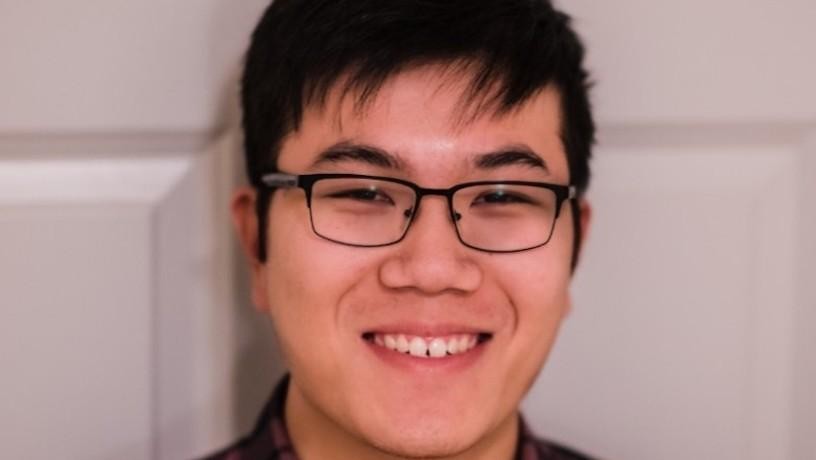
Kevin Xia, advised by Elias Bareinboim, associate professor of computer science, is conducting research “focused on machine learning, specifically causal inference. In particular, I hope to answer two research questions: (1) How can deep learning models be used to perform causal inference and, conversely, (2) how can causal information guide deep learning?”
In addition to these new fellowships, 2022 fellows Madhumitha Shridharan and Tuhin Chakrabarty are continuing their fellowships for a second year.
CAIT in 2023
In addition to fellowships and research awards, CAIT hosts regular distinguished lectures as well as an annual research showcase and symposium to convene AI researchers across Columbia on topics of interest.
